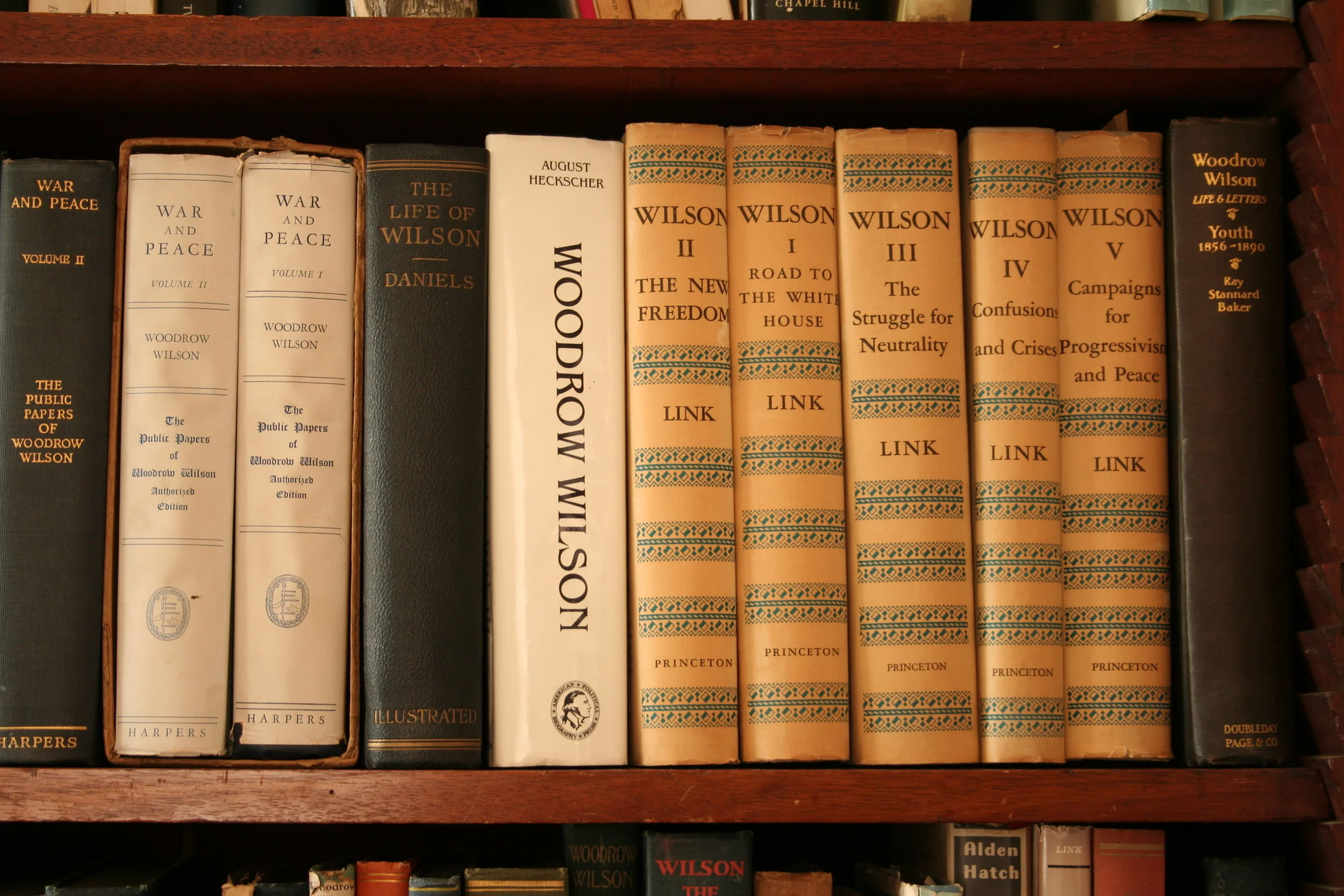Armenia
/In December 1920, Arthur Sweetser reported back on the first assembly of the League of Nations. He went through all of the major points of the meeting, including the discussion of humanitarian issues.
Armenia.
First, of course, came Armenia. Here was a tragedy which could be called the especial charge of no one nation but which the combined judgment of the civilised world had decided must stop. Promises had been made by many statesmen but despite that the extermination of the Armenian people still went on. When the Assembly met, it is not too much to say that not a dozen men present had any idea that Armenia would be considered. The subject was not on the agenda but was brought up by a few liberal leaders who had behind them all the support of world public opinion.
Americans had been hearing about the desperation of the Armenians for years at this point, and the world looked to the US to come to their aid. President Wilson had even mentioned the situation in a speech from February 1919, saying that if people wanted to help, they should support the League of Nations as a mechanism that could find solutions. He also sent a small military expedition to the region to determine what could be done.
This was before Wilson had considered the possibility of the US taking on Armenia and Constantinople as protectorates at the Paris Peace Conference in June, because there was no interest in ravaged Europe to take on the responsibility of helping the Armenians.
Wilson’s ambassador to Constantinople, Henry Morgenthau, had been one of the first to alert the world in 1915 of the campaign to exterminate the Armenians, and had become a close confidante of President Wilson and Dr. Grayson in the years after that. So, we can be sure that Wilson knew a lot about the situation in Armenia, but with his sickness and the failure of the United States to join the League of Nations, America did little to address the situation politically after 1920.






